There is growing policy interest in prosecutors’ role in the criminal justice system. Prosecutors have tremendous discretion in whether to pursue charges against people accused of crimes and in what types of punishments to seek. What does the evidence say about how they should use that discretion? And have recent policy reforms targeting this stage of the process made communities safer? In this webinar series, we’ll hear about the latest research on this topic to help policymakers and practitioners figure out what works best as they strive to make criminal justice policy more fair and effective.
Responsible Prosecution – Session 1
View Recording

Emily Leslie, Brigham Young University

Jens Ludwig, University of Chicago
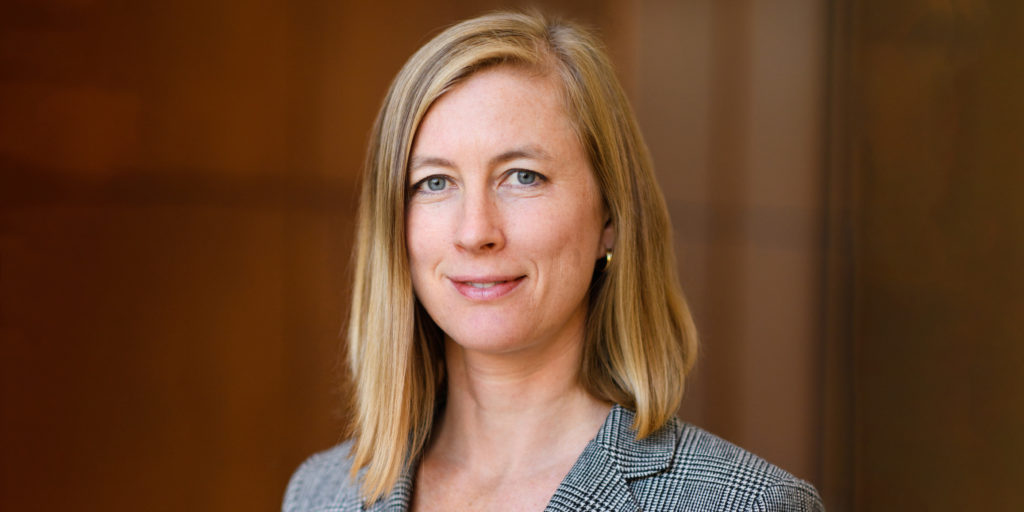
Megan Stevenson, University of Virginia
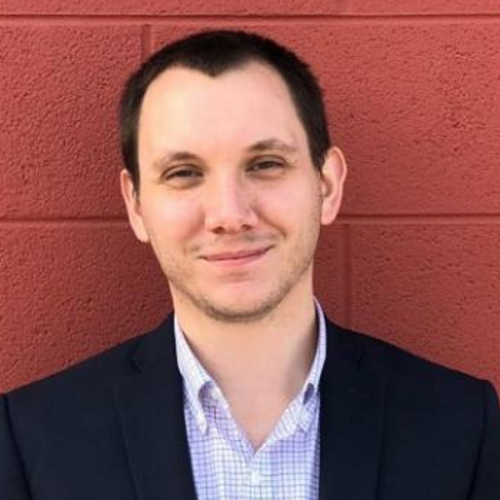
Cody Tuttle, University of Texas at Austin
Racial Disparities in Federal Sentencing: Evidence from Drug Mandatory Minimums
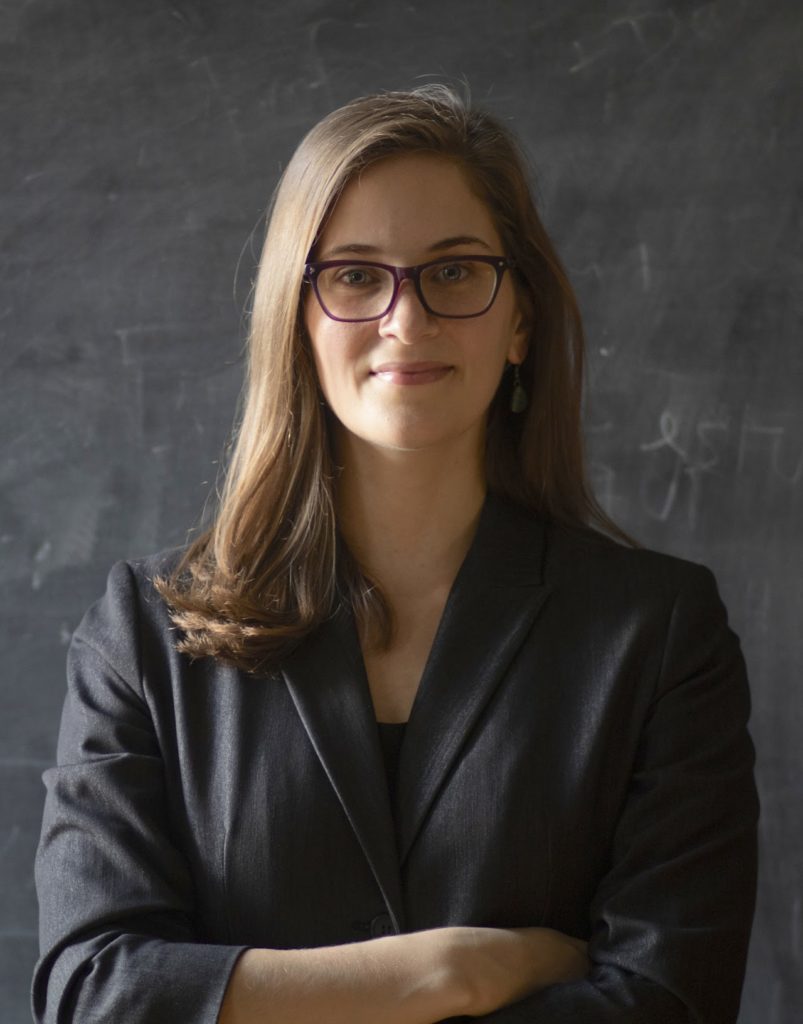
Allison Stashko, University of Utah
Responsible Prosecution – Session 2
View Recording

Aurelie Ouss, University of Pennsylvania

Crystal Yang, Harvard University

Alex Albright, Federal Reserve Bank of Minneapolis
No Money Bail, No Problems? Evidence from an Automatic Release Program

Viet Nguyen, University of Pennsylvania
The efficacy of prosecutor-led, adult diversion for misdemeanor offenses

Michael Muller-Smith, University of Michigan
Responsible Prosecution – Panel 3
View Recording
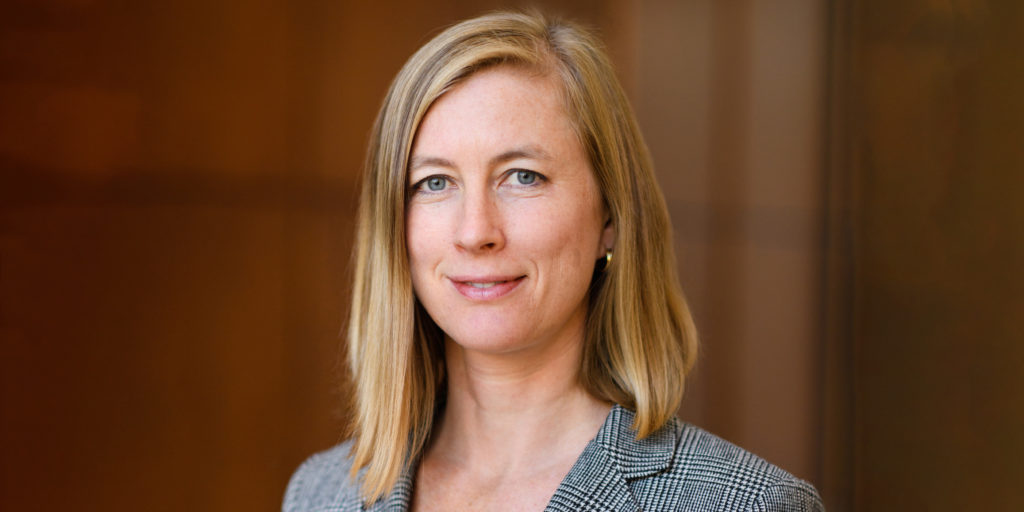
Megan Stevenson, University of Virginia
Distortion of Justice: How the Inability to Pay Bail Affects Case Outcomes

Alex Albright, Federal Reserve Bank of Minneapolis
If You Give a Judge a Risk Score: Evidence from Kentucky Bail Decisions

Amanda Agan, Rutgers University
Misdemeanor Prosecution

Johanna Lacoe, California Policy Lab
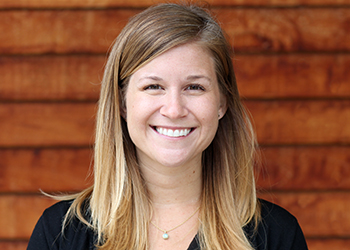
Alissa Skog, California Policy Lab
Can Restorative Justice Conferencing Reduce Recidivism? Evidence From the Make-it-Right Program
Responsible Prosecution – Panel 4
View recording

Paul Heaton, University of Pennsylvania
The Downstream Consequences of Misdemeanor Pretrial Detention

Aurelie Ouss, University of Pennsylvania
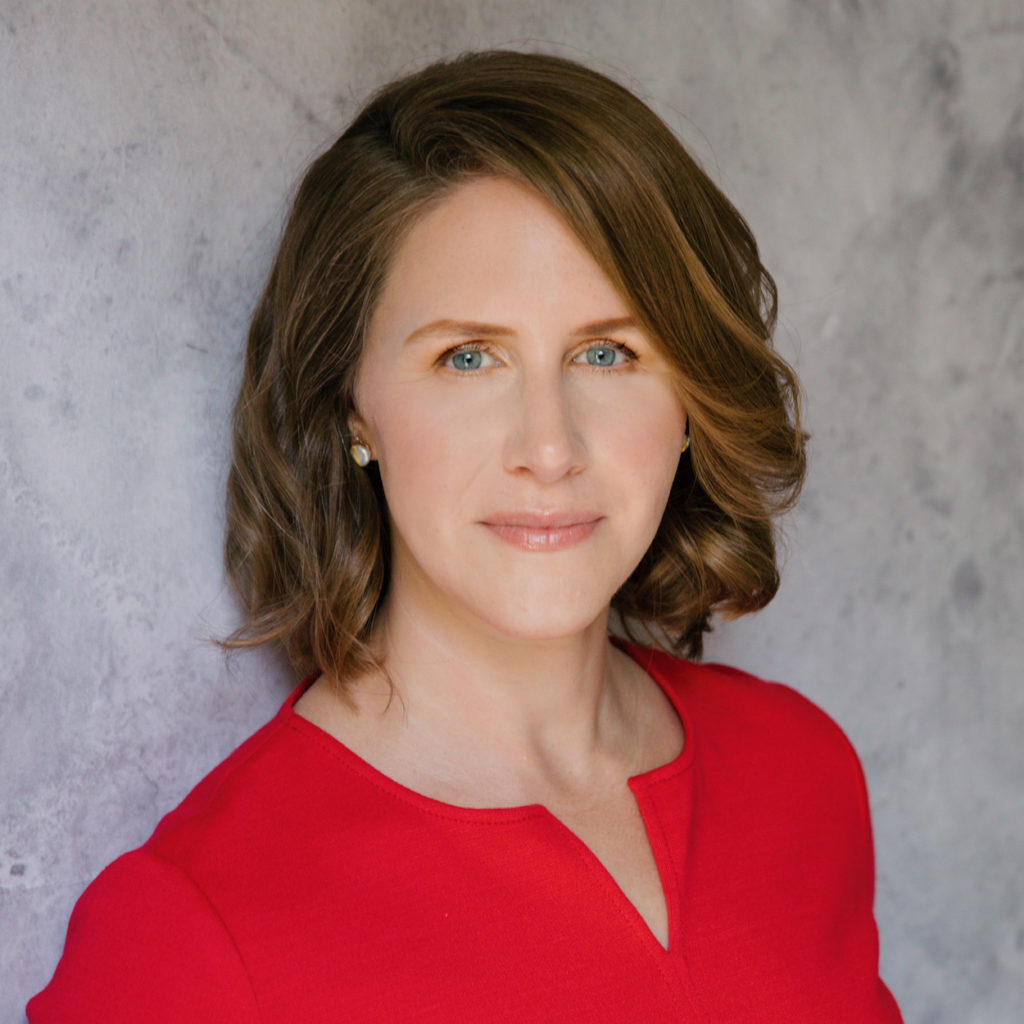
Jennifer Doleac, Texas A&M University

Ashna Arora, University of Chicago
The Impact of Specialized Prosecution on the Safety of Domestic Violence Victims

Panka Bencsik, Vanderbilt University
Policing Substance Use: Chicago’s Treatment Program for Narcotics Arrests